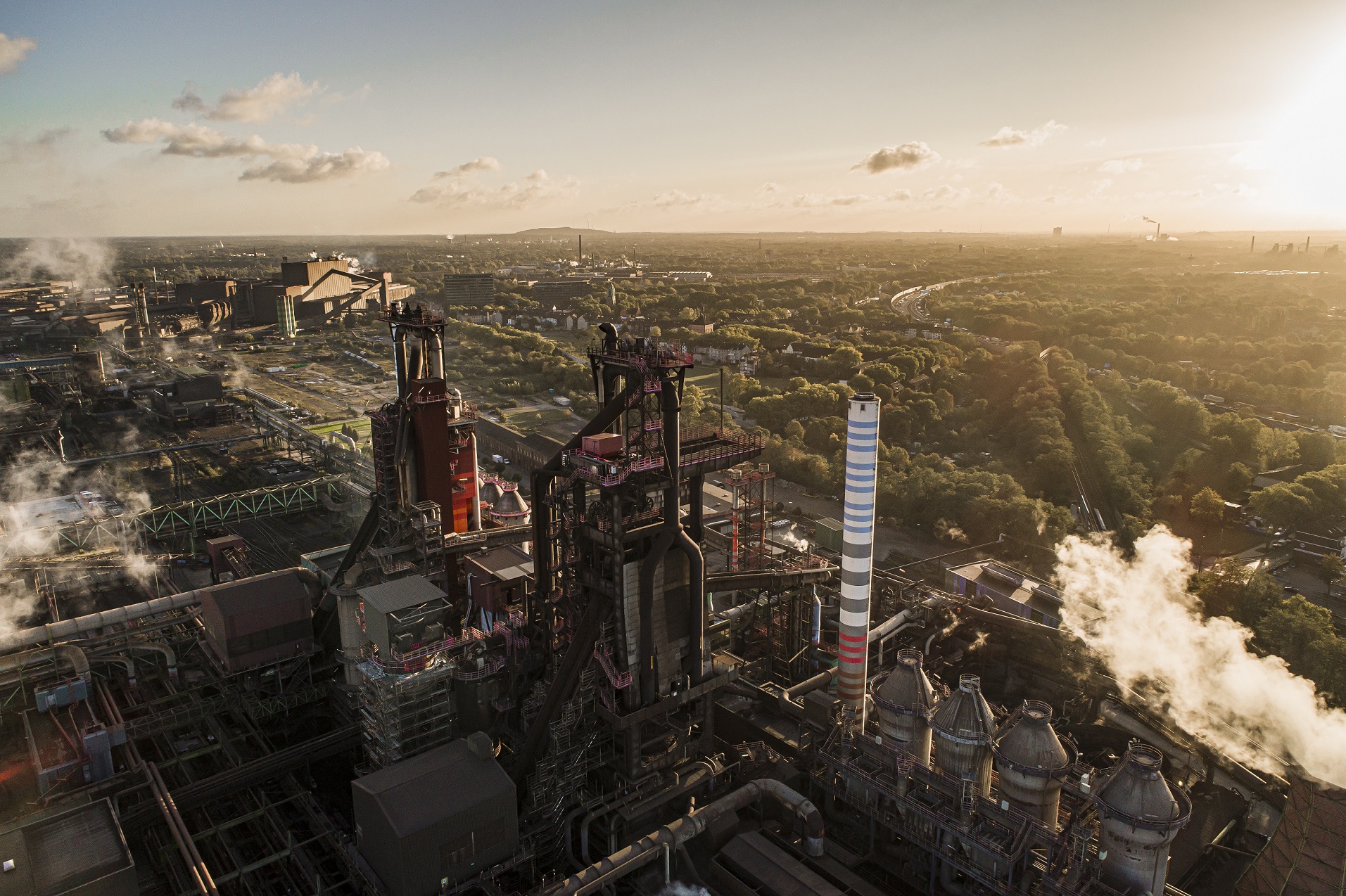EU approves German subsidy scheme for slashing industry emissions
The European Commission has approved a subsidy scheme by the German government worth 4 billion euros to help reduce emissions from industry production. Support would be given through two-way carbon contracts for difference (CCfDs), also called ‘climate protection contracts', which compensate companies for the additional costs of switching to climate-neutral production procedures. Germany's economy minister Robert Habeck welcomed the news as a "trailblazing decision for energy-intensive industry", and said the contracts for difference "ensure sustainable value creation with pioneering, climate-friendly technologies and sustainable jobs in Germany."
The projects supported under the scheme will range from the construction of melting tanks for glass production powered by electricity to the replacement of traditional steel production processes by hydrogen-powered direct reduction plants. The economy ministry said the government would soon launch the first auction in which companies can compete for the support, once the finance ministry and auditors had conducted a final review, reported Handelsblatt. Four billion euros is the amount the German government intends to make available in a first call for tenders, said the newspaper. The money will not be paid in one lump sum, but in instalments over the fixed 15-year term of climate protection contracts. In this first round, a maximum funding limit of 1 billion euros per application will be set to ensure that smaller and medium-sized projects can also benefit. In total, the ministry intends to provide more than 20 billion euros for climate protection contracts in four rounds of tenders in the coming years, said Handelsblatt. Initially, projects involving carbon capture and storage (CCS) will not be able to compete in the auctions, because Germany still lacks rules for the technology. The government has yet to present its carbon management strategy.
Germany had announced the novel subsidy programme in mid-2023. The country aims to become climate neutral by 2045, but CO2 reductions in basic material industries such as steel, cement, paper, glass and chemicals are difficult because deep emissions cuts often cannot be achieved simply by replacing fossil fuels with renewable power. Instead, entirely new and often expensive production methods are required, which in many cases cannot be operated competitively yet. "The measure contributes to achieving Germany's climate and energy targets, as well as the EU's strategic objectives of the European Green Deal," said the Commission.
The German Steel Federation (WV Stahl) called on the government to quickly launch the first tender. "We fully understand that the tendering process should initially apply primarily to medium-sized companies - like many of our companies that produce steel with electricity," said the association's managing director Maria Rippel. However, subsequent rounds should also be open to companies with greater CO2 savings potential, she added.

